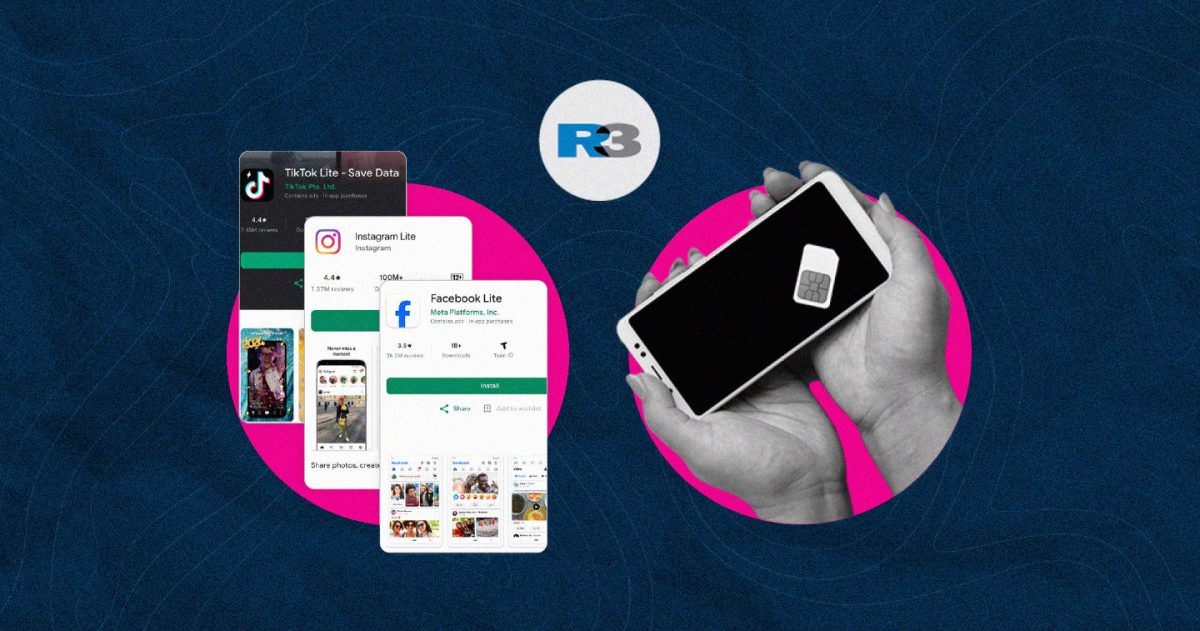This article first appeared in Marketing Interactive.
In a conversation with Marketing, R3’s founder Shu Fen Goh said it is important to distinguish between an agency hired to create social content, and an agency running paid social media campaigns.
For agencies hired to create social content, they are typically either on a fixed scope based on a content calendar or on a rate card basis. On the other hand, most paid social campaigns are run by media agencies which typically also manage other digital or integrated campaigns. The pay scale, in this case, is likely to be on a commission or retainer model. There also may or may not have a performance component to it, but R3 tries to encourage the inclusion of it, Goh said.
According to R3’s Goh, when evaluating performance of social content, factors that brands should look at are engagement metrics, and where possible, consumer actions such as website clicks or use of branded hashtag. Goh however noted that most social content agency remuneration models still remain fixed on quantity of content created and not quality of content’s performance.
On the other hand for paid social, Goh said performance metrics are the norm when it comes to gauging good social media work. “Increasingly clients are also asking for third-party verifications within social media platforms, which is a step in the right direction,” she added.
Agency heads that Marketing spoke to agreed that there are performance metrics in place when it comes to assessing the value of social media work. However, they also agree that these measurement tools may be limited when it comes to assessing the true valuation of social media.





